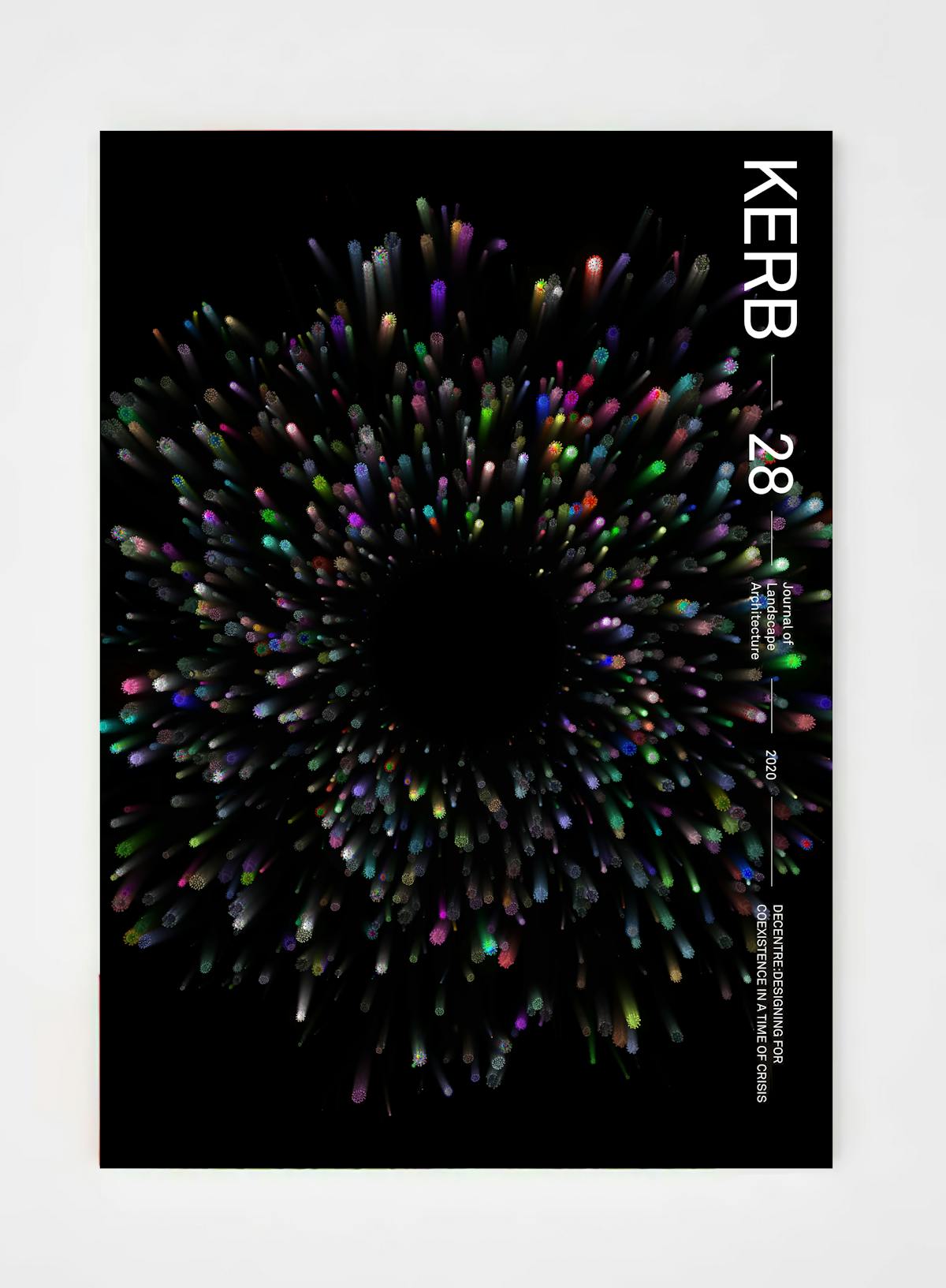
Hannah Hopewell, The Urban Intertidal.
How would we think or see without the concept of ‘landscape’?1 What follows is an experiment in seeing, developed to provoke research possibilities for fracturing the scopic and epistemic regime in-part structured by landscape as a conceptual artefact. I introduce the notion of (non)landscape as a heuristic tool to trial ways of performing seeing and imaging in particular urban land outside the capture of landscape as historically and axiomatically contrived.2 This is to creatively ‘think-with’ an open occasioning, and to resist transiting landscape’s structural roots in modernity, capitalism and continuing processes of colonialisation, instrumentalisation and marketisation of Earth.
The intention is to bring about a new experience of landscape thought, one that may respond, even tentatively and momentarily, to modes of existence foreclosed by liberal humanism’s scopic regimes of which the idea of the Humanist individual and landscape form a foundation. As will be explained, the nonmodern context evolved here is improvised in alignment with a general ecology—ecology unbound from the modern’s idea of ‘nature’. Under these post-natural terms, visuality affirms not just the sensation of sight, but the seeing, and thus experience, of thought itself. In this way (non)landscape is dual and reflective, it inhabits both thinking, and thinking seeing, as one and the same.
Footnotes
-
Note: the essay’s title is an adaptation of J Corner, ‘Ecology and Landscape as Agents of Creativity’, in G Thompson and F Steiner (eds), Ecological Design and Planning, John Wiley & Son, New York, 1997. ↩
-
Axiomatically refers to the unquestioned, self-evident and perpetual continuity of capital as the operating system for human transactions. Also see, G Deleuze, ‘Postscript on the Societies of Control’, vol. 59, 1992, p. 3-7. ↩
